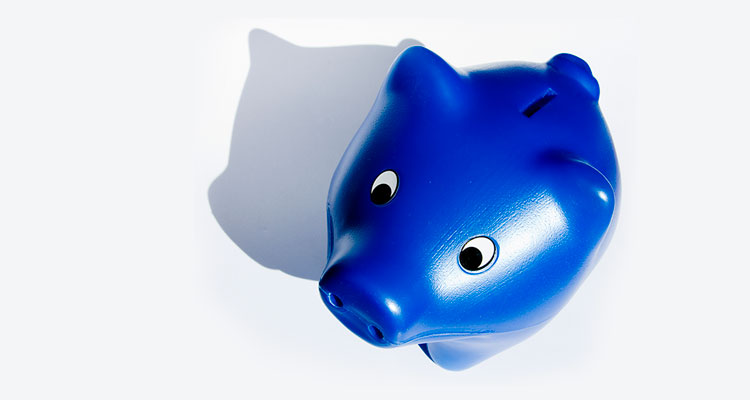Updated 4:24 PM PST, Mon July 14, 2014

Understanding Mutual Funds
If you're unfamiliar with the investment game, determining where to place hard earned cash might seem confusing and daunting. But it does not have to be. Among the easiest & most popular methods for seasoned and new investors to invest their cash is through mutual funds.
What's A Mutual Fund?
A mutual fund is a pool of cash provided by people, businesses or other organizations which is jointly used to buy stocks, bonds and other investment products. The mutual fund is handled by a fund manager whose job will be to track the operation of the fund and fix the investments needed
Primary Kinds Of Mutual Funds
These are funds which are required for legal reasons to put money into low-risk securities including government securities, certificates of deposit (CD) and commercial paper. Money market funds have comparatively low hazard in comparison to other kinds of investment vehicles.
Bond Funds
These funds include a number of bonds including corporate bonds to government and municipal bonds. These funds typically presume a greater risk because bonds are usually more risky investments than government securities and CDs. In accordance with the Securities and Exchange Commission, some hazards related to bond funds deal with interest rate changes, prepayments, etc.
Equity Funds
These are funds that invest in stocks that are distinct. Equity funds represent the most common kind of mutual fund. They're also the most high-risk. Equity funds are subject to the operation of its component stocks, which fluctuate with the power of the market and demand for specific services and products.
Level Of Hazard
An essential thought when attempting to choose a mutual fund is deciding how much risk you're willing to take. There are normally three categories of threat when coping with any investment product:
Conservative: These investments trade lower yields for greater stability.
Moderate: These investments suppose bigger yields and greater unpredictability.
Competitive: So that you can optimize the yields competitive investments take great swings in value.
Consider these guidelines when selecting a fund:
Be Realistic: Contemplate how the bottom line of the portfolio will impact.
Establish A Relaxation Level Of Danger: If you're not comfortable with the opportunity for losing a substantial percent of cash, consider a volatile fund.
Diversify: Make sure you spread investments across various fund types. This supplies a decrease in total portfolio threats.
Reassess Operation: Take some time to examine the funds operation on a regular basis. Consider moving investments it appears the degree of threat isn't any longer suitable for the scenario or if you're not satisfied or not comfortable with the yield objects.
Additionally, you will have to consider other variables into account as well as choosing the number of risk you need to choose. When selecting a mutual fund consider these factors:
Know the costs and the investor fees so that you can produce exactly the same yields funds with higher fees should perform better than people that have lower fees. Sometimes, the difference in fees can be very large.
There are several prospective fees to take note of including:
- Purchase fee
- Redemption fee
- Exchange fee
- Account fee
Make sure you inquire if there happen to be any recent changes including an alteration in the investment strategy or counselor. If the fund manager in charge of the successful care of the fund isn't any longer a part of the team, it may be wise to consider a different portfolio.
Tax Consequences
Furthermore, capital gains taxes will be paid by investors if they receive a capital gains disbursement.
With thousands of picks out there, deciding on the best mutual fund can not be easy. Standard & Poor's has developed Fund Management Evaluations to evaluate the functionality of some of the world's leading investment funds to help investors identify the funds. Furthermore, financial advisors are offered to guide investors on your choice. Do your assignments beforehand and you will discover a mutual fund in line with your investment goals.


